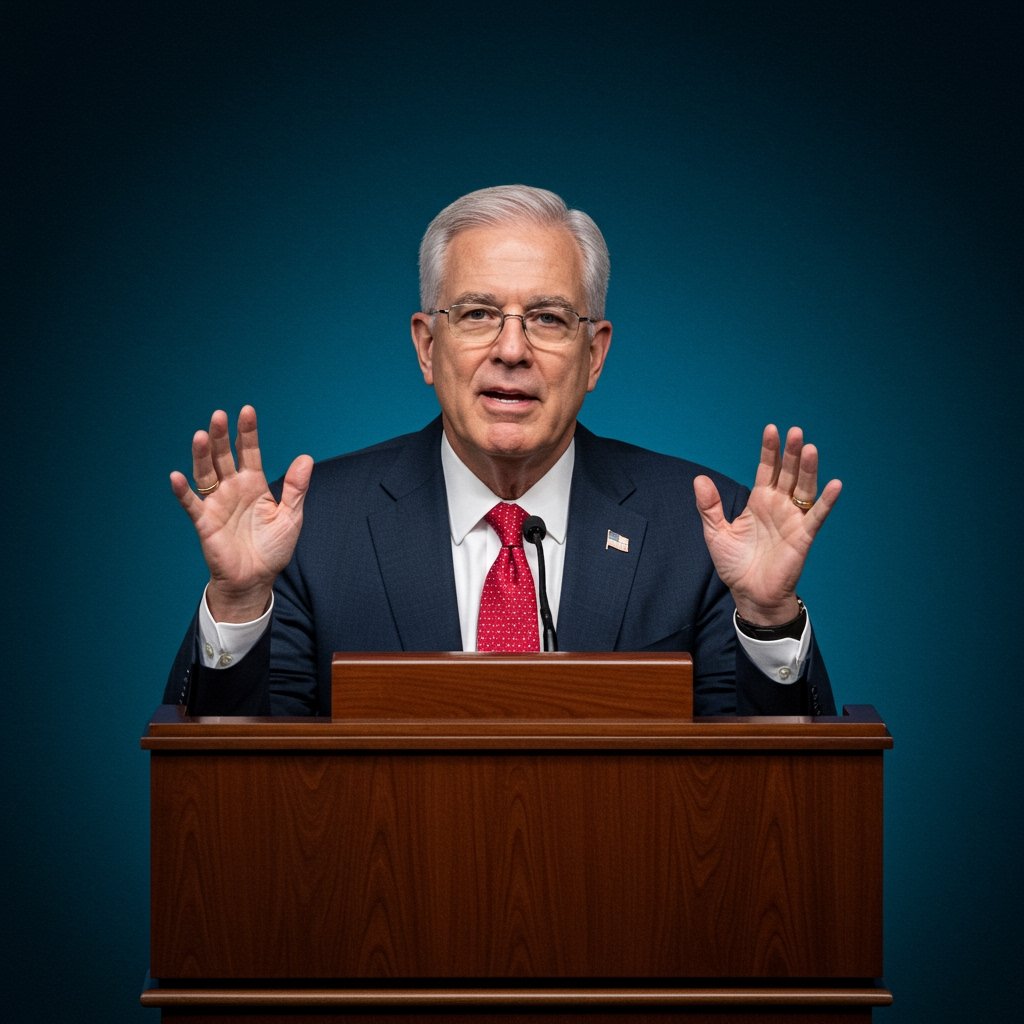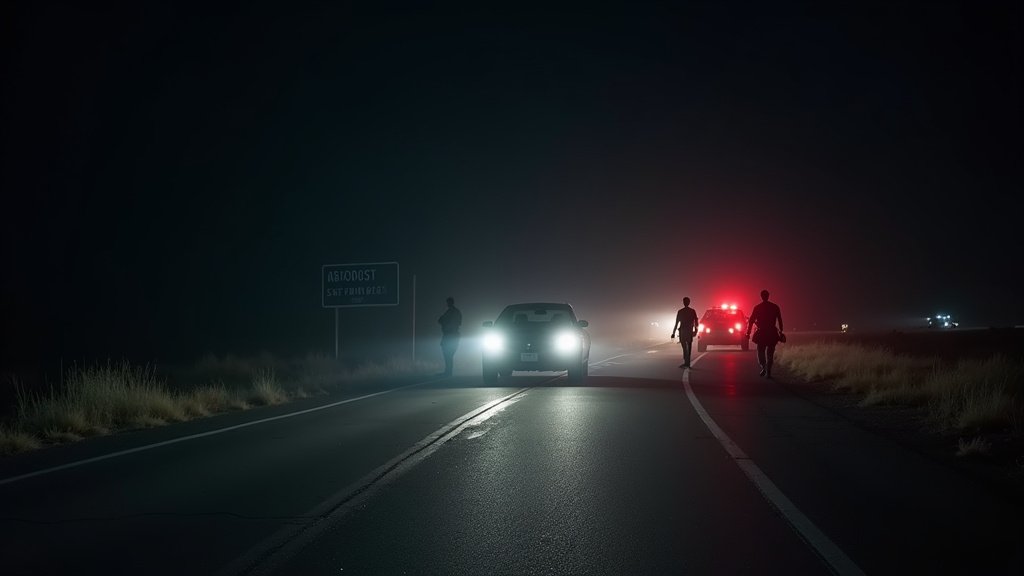AUSTIN, Texas — The clock is rapidly winding down on the regular session of the Texas Legislature. With only a week remaining before the constitutionally mandated adjournment on June 2nd, lawmakers in Austin are engaged in an intense final push to pass key legislation that has dominated debate for months.
The atmosphere at the Capitol is one of heightened urgency, marked by late-night sessions and strategic maneuvers as both parties vie to advance their priorities and block opposing measures. The volume of bills awaiting consideration is substantial, and the limited time creates a bottleneck, forcing difficult choices about which proposals will reach the floor for a final vote.
Legislative End Game Underway
Leading the charge in the House, Speaker Dustin Burrows issued a stern warning to members ahead of the final press of business. Voting is expected to extend deep into the night, potentially until midnight, with another significant legislative push anticipated on Tuesday. This frantic pace is characteristic of the session’s conclusion, where compromise becomes both more urgent and, at times, more elusive.
Political analysts Mark Jones and Brain Smith have commented on the legislative endgame, highlighting the strategic challenges facing both Republican and Democratic caucuses. With time scarce, procedural tactics gain amplified importance in shaping which bills succeed and which fail.
The Tactic of “Chubbing”
One such tactic that has been prominently employed by Democrats is known as “chubbing.” This involves members asking numerous questions and engaging in extended debate on bills, effectively consuming valuable floor time. While seemingly focused on the specific legislation at hand, the primary objective of “chubbing” is often to delay proceedings and prevent other, potentially controversial, bills further down the calendar from being debated or voted upon before the session ends.
A notable instance of this tactic impacting the legislative calendar involved a bipartisan movie making bill. Despite having support from both sides, extensive questioning on this bill consumed significant time, illustrating how procedural delays on one measure can have ripple effects across the entire legislative schedule.
Key Issues Facing Last-Minute Scrutiny
Several high-profile policy areas remain under intense consideration as the session nears its close. Among the most debated is bail reform, a complex issue aimed at balancing public safety concerns with constitutional rights.
Hard-line measures on bail have advanced through the legislative process. One significant bill that has been moved for debate aims to deny bail for undocumented immigrants who have been charged with certain crimes. This proposal reflects a push to restrict the release of individuals based on immigration status following arrest.
A separate, related initiative was a no-bail resolution for repeat offenders with violent crimes. While this specific resolution reportedly failed to advance in its initial form, political observers suggest it could be revisited or its principles incorporated into other legislative vehicles before the final adjournment.
Contentious Abortion Legislation
Alongside bail reform, abortion remains a deeply contentious and actively debated issue within the Texas Legislature, even after significant restrictions were enacted following the overturning of Roe v. Wade. House Republicans have advanced several bills aimed at further regulating the procedure and related activities.
Among these measures is legislation seeking to clarify precisely when doctors can perform the procedure to save the life of the mother. Proponents argue this provides necessary legal clarity for medical professionals under the state’s current abortion laws, while opponents may raise concerns about its practical application or potential limitations.
Another bill advanced by House Republicans seeks to ban the use of tax dollars for out-of-state abortion trips. This proposal targets public funds, aiming to prevent their expenditure on travel or related costs for individuals seeking abortions outside of Texas.
A separate but related piece of legislation, Senate Bill 2880 (SB 2880), which proposes to ban the sale of abortion-inducing medication, has successfully passed out of a House committee. However, at the time of reporting, this bill has not yet been scheduled for a floor debate. Its future remains uncertain in the final compressed timeline of the session.
Race Against the Clock
As the June 2nd deadline looms, the fate of numerous bills hangs in the balance. The intensity of floor debates, the strategic use of procedural tactics like “chubbing,” and the sheer volume of pending legislation mean that many proposals, even those with considerable support, may simply run out of time before reaching a final vote. The coming week will be critical in determining the legislative legacy of the current session, with major policy outcomes on issues ranging from criminal justice to healthcare potentially decided in the final hours. The focus in Austin is squarely on the clock as lawmakers race to finish their work.






